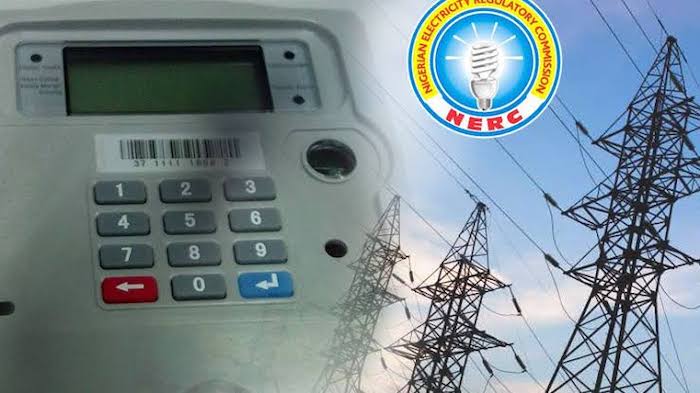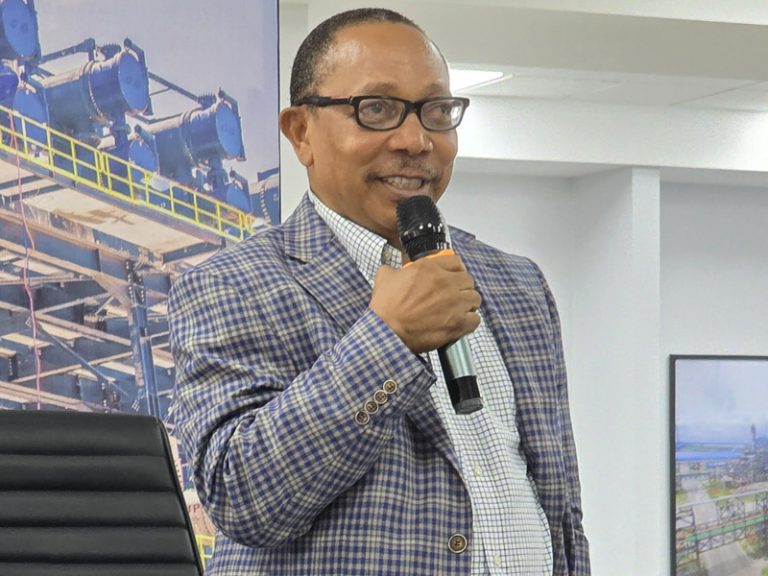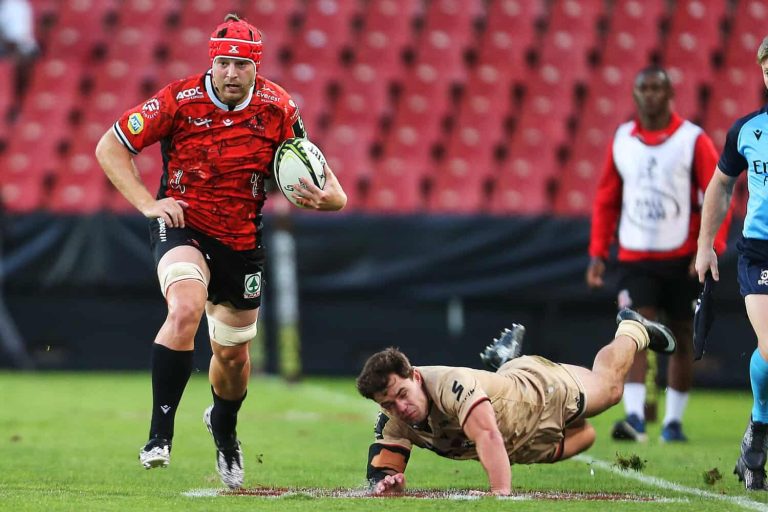
Electricity Distribution Companies (Discos) in Nigeria recorded about N158.05 billion in Aggregate Technical, Commercial and Collection (ATC&C) losses in Q2, 2025, to hit 37.92 per cent losses, far exceeding the 20.54 per cent benchmark set by the industry regulator.
Specifically, these losses were due to inefficiencies in billing, metering, and revenue collection, data released by the Nigerian Electricity Regulatory Commission (NERC) for the quarter stated.
Besides, the naira value of the total energy offtake by all Discos in 2025/Q2 was N909.59 billion, and the total energy billed was N742.34 billion, which translated to a billing efficiency of 81.61 per cent.
This means that at an aggregate level, Discos were unable to account for N167.25 billion worth of energy received at their trading points in 2025/Q2, the report stated.
Similarly, the total revenue collected by all Discos in the period under consideration was N564.71 billion out of N742.34 billion billed to customers. This translates to a collection efficiency of 76.07 per cent, representing an increase of 1.68 per cent compared to 2025/Q1 (74.39 per cent).
“The Aggregate Technical, Commercial and Collection (ATC&C) loss is a summation of billing losses incurred by a Disco due to its inability to bill 100 per cent of energy delivered to customers (technical and commercial losses); collection losses arising from the Discos’ inability to collect 100 per cent of the bills issued to customers.
“The weighted average ATC&C loss across all DisCo in 2025/Q2 was 37.92 per cent, comprising technical and commercial loss (18.39 per cent) and collection loss (23.93 per cent). The ATC&C loss of 37.92 per cent is 17.38 per cent higher than the 2025 MYTO target (20.54 per cent) and translates to a cumulative revenue loss of N158.05 billion across all Discos,” the NERC report said.
However, NERC stated that the ATC&C loss decreased by 1.69 per cent, compared to 2025/Q1 (39.61 per cent), stressing that all the Discos except Eko failed to achieve their target ATC&C during the quarter, with Kaduna Disco recording the worst underperformance relative to the target ATC&C.
In 2025/Q2, the cumulative upstream invoice payable by Discos was N417.35 billion, NERC said, consisting of N348.66 billion for Discos’ Remittance Obligation (DRO)-adjusted generation costs from NBET and N68.68 billion for transmission and administrative services by the Market Operator (MO).
Out of this amount, the Discos, according to NERC, collectively remitted a total sum of N399.20 billion (N333.90 billion for NBET and N65.30 billion for MO) with an outstanding balance of N18.15 billion.
“This translates to a remittance performance of 95.65 per cent in 2025/Q2 compared to the 95.86 per cent recorded in 2025/Q1,” it said.
In the same vein, international bilateral customers purchasing power from the grid-connected Generation Companies (Gencos) made a cumulative payment of $9.015 million against the $17.54 million invoice issued to them by the MO for services rendered in 2025/Q2 (remittance rate 51.33 per cent).
Similarly, the domestic bilateral customers made a cumulative payment of N1.4 billion against the N2.79 billion invoice issued to them by the MO for services rendered in 2025/Q2 with remittance rate 50.10 per cent.
The international customers in the power market are electricity off-takers outside Nigeria who receive power through cross-border supply arrangements.
They include Société Nigerienne d’Electricité (NIGELEC) – Niger Republic; Compagnie Energie Electrique du Togo (CEET) – Togo; Communauté Electrique du Bénin (CEB) – Benin Republic; and Electricité de Guinée (EDG) – Republic of Guinea.
They receive electricity exported from Nigeria through the Transmission Company of Nigeria (TCN) under international bilateral agreements.
Meanwhile, the Global Energy Alliance for People and Planet (GEAPP) has commended the federal government’s efforts towards achieving the Mission 300 target.
Minister of Power, Chief Adebayo Adelabu, disclosed that Nigeria is making significant progress in implementing the policy, with a focus on deploying solar-powered irrigation systems to farmers across the country.
Speaking during a visit to the Federal Ministry of Power in Abuja, GEAPP African Director and Leader of Delegation, Labna Bhyani, pledged to provide technical assistance to support Nigeria’s Mission 300 initiatives, particularly in monitoring and tracking progress.
“You have made significant progress in your policy reforms such as in your grid and off-grid programmes. It is important for us to get involved in the area of technical assistance that you have mentioned and I think we can provide collaboration and partnership in that area”, Bhayani said.
The Minister had earlier spoken, while receiving the delegation, on the federal government’s efforts towards achieving the Mission 300 objectives which aims to provide electricity to 300 million Africans by 2030.
Adelabu said the government was focusing on the transformation of the agricultural sector of the economy, through the deployment of solar powered irrigation systems to farmers across Nigeria adding that this forms part of the strategies towards the implementation of energy access to 300 million Africans by the end of 2030.
Emmanuel Addeh



